Humans
Sign up for our newsletter
We summarize the week's scientific breakthroughs every Thursday.
-
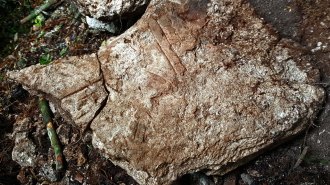 Anthropology
AnthropologyAncient Maya warfare flared up surprisingly early
Extreme conflicts broke out well before the decline of the Maya civilization, researchers say.
By Bruce Bower -
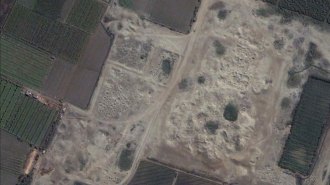 Archaeology
ArchaeologySatellites are transforming how archaeologists study the past
In ‘Archaeology from Space,’ Sarah Parcak takes readers on a lively tour of the past, and archaeology of the 21st century.
By Erin Wayman -
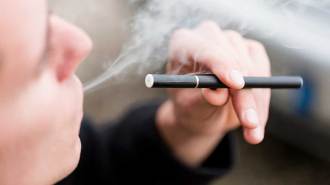 Health & Medicine
Health & MedicineHospitalizations highlight potential dangers of e-cigs to teens’ lungs
E-cigarette use can harm the lungs, and eight Wisconsin teens who developed severe lung injuries after vaping may be the latest victims.
-
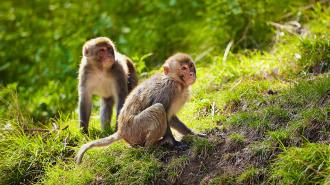 Life
LifeMonkeys can use basic logic to decipher the order of items in a list
Rhesus macaque monkeys don’t need rewards to learn and remember how items are ranked in a list, a mental feat that may prove handy in the wild.
By Bruce Bower -
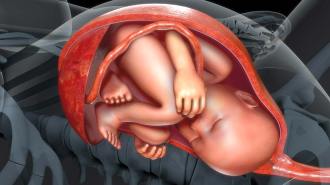 Health & Medicine
Health & MedicineA new study challenges the idea that the placenta has a microbiome
A large study of more than 500 women finds little evidence of microbes in the placenta, contrary to previous reports on the placental microbiome.
-
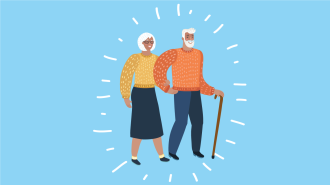 Health & Medicine
Health & MedicinePositive attitudes about aging may pay off in better health
Research into the mind-body connection shows that attitude is everything when it comes to healthy aging.
-
 Health & Medicine
Health & MedicineReaders inquire about measles, vaccine hesitancy and more
Readers had questions about vaccine-hesitant parents, measles and DNA sequencing.
-
 Science & Society
Science & SocietyYou’re only as old as you perceive yourself to be
Editor in Chief Nancy Shute discusses how people’s attitudes about aging can impact our physical health.
By Nancy Shute -
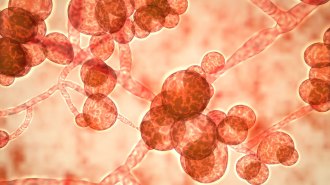 Health & Medicine
Health & MedicineClimate change could raise the risk of deadly fungal infections in humans
The rise of Candida auris, a deadly fungus spurring outbreaks in the United States and worldwide, may have been aided by climate change.
-
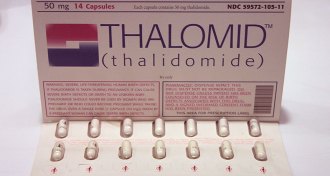 Health & Medicine
Health & Medicine50 years ago, a drug that crippled a generation found new life as a leprosy treatment
In 1969, a drug that crippled a generation found new life as a treatment for leprosy.
-
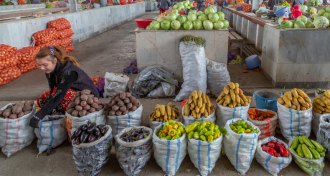 Archaeology
Archaeology‘Fruit from the Sands’ explores the Silk Road origins of apples, tea and more
A new book explains how many of today’s popular foods got started on Central Asia’s ancient Silk Road trade networks.
By Bruce Bower -
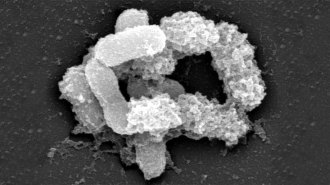 Neuroscience
NeuroscienceBoosting a gut bacterium helps mice fight an ALS-like disease
Gut bacteria may alter ALS symptoms for good or ill.